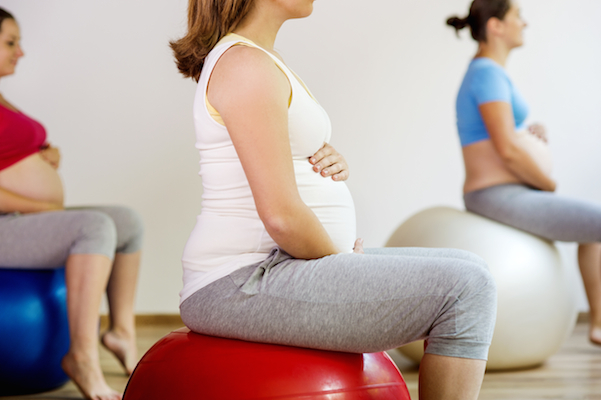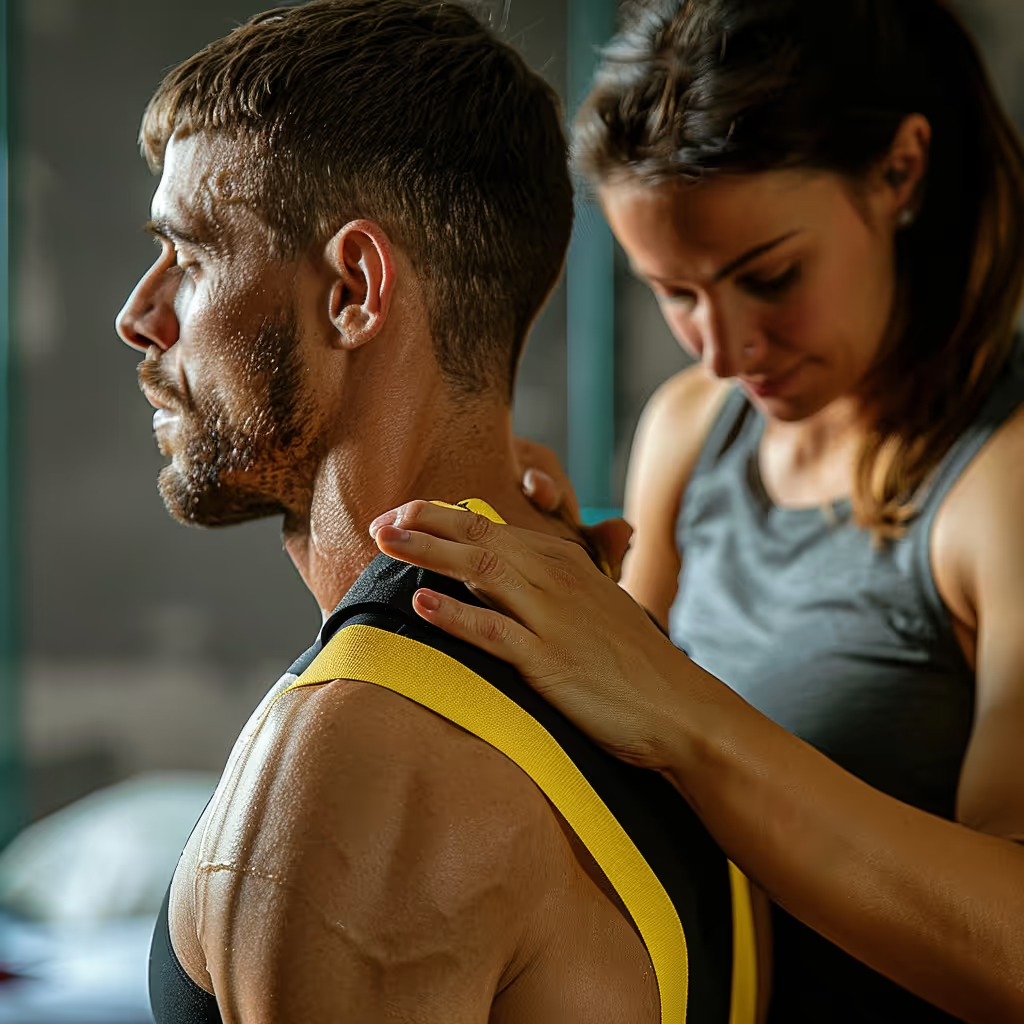
The importance of physical activity during pregnancy: Benefits for maternal and fetal health
Pregnancy is a time of great change in a woman's life, both physically and emotionally. While many pregnant women were once discouraged from engaging in physical activity during this time, recent studies have shown that moderate and regular exercise can be beneficial for maternal and fetal health. In this article, we will explore the benefits of physical activity during pregnancy and provide recommendations for pregnant women.
Written by Rina Hua, kinesiologist from Sports Montréal
Benefits of physical activity during pregnancy:
1. Strengthening the cardiovascular system: Moderate exercise, such as walking, swimming, and prenatal yoga, can help strengthen the heart and lungs, improving blood circulation and oxygen supply for both the mother and the fetus.
2. Weight management: Physical activity helps control weight gain during pregnancy by promoting calorie burning. This can reduce the risk of complications such as gestational diabetes and pre-eclampsia.
3. Back pain relief: Many pregnant women suffer from back pain due to the extra weight and change in posture. Specific exercises aimed at strengthening the muscles of the back and pelvic region can alleviate this pain.
4. Mood improvement: Physical activity releases endorphins, the feel-good hormones, which can help reduce stress, anxiety, and depression during pregnancy. It also promotes better sleep quality.
5. Preparation for childbirth: Optimal physical condition can facilitate labor and delivery by strengthening the pelvic floor muscles. Specific strengthening and relaxation exercises can also help pregnant women prepare mentally for childbirth.
Recommendations for physical activity during pregnancy:
1. Consult your healthcare professional: Before starting any exercise program, it is essential to consult your doctor or midwife to ensure that you are in good health and that there are no specific contraindications for your pregnancy.
2. Choose suitable activities: Opt for low-impact exercises that do not put too much pressure on your joints. Walking, swimming, prenatal yoga, and gentle gymnastics are excellent options. Avoid contact sports or those with a risk of falling.
3. Regular exercise: Pregnant women should aim for at least 150 minutes of moderate physical activity per week, spread over several days.
4. Muscle strengthening: Muscle-strengthening exercises, especially for the pelvic floor, back, and abdominal muscles, are important during pregnancy. This can help support the additional weight, prevent lower back pain, and facilitate childbirth. Core exercises, squats, lunges, and Kegel exercises are beneficial.
5. Listen to your body: During pregnancy, it is important to listen to your body. Don't push yourself too hard, and stop if you experience pain, dizziness, intense heat, or bleeding.
6. Stay hydrated: Make sure to drink enough water before, during, and after exercise to prevent dehydration.
7. Warm-up and stretch: Before each exercise session, do a light warm-up to prepare your muscles. After physical activity, take the time to stretch to promote muscle flexibility.
Moderate and regular physical activity during pregnancy has many benefits for maternal and fetal health. However, it is essential to consult your healthcare professional (physiotherapist or kinesiologist) before starting any exercise program and to listen carefully to your body throughout the pregnancy. By adopting an adapted and safe approach to physical activity, pregnant women can maintain their physical and mental well-being, as well as that of their baby, throughout this special period of their lives.
Our clients' satisfaction is our priority.
At Physioactif, excellence defines our approach. But don't take our word for it, see what our patients are saying.
Discover our physiotherapy clinics
We have multiple locations to better serve you.
Blainville
190 Chem. du Bas-de-Sainte-Thérèse Bureau 110,
Blainville, Quebec
J7B 1A7
Laval
Montreal
St-Eustache
Vaudreuil
21 Cité-des-Jeunes Blvd. Suite 240,
Vaudreuil-Dorion, Quebec
J7V 0N3
Book an appointment now


